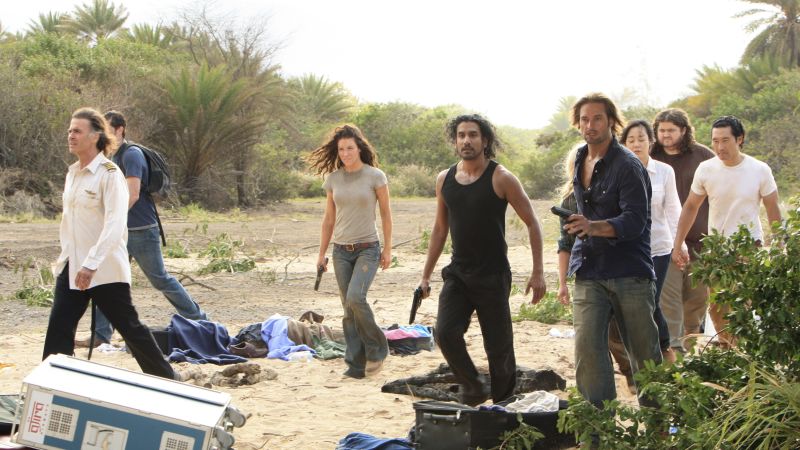In 2004, ABC was struggling to find hits when the network introduced two successful shows: “Desperate Housewives,” a primetime soap opera with a new twist, and “Lost,” a mysterious sci-fi series that quickly gained a loyal fanbase.
“Lost” was revolutionary in the world of television, changing the relationship between creative talent and networks. The series ended in 2010, marking a shift towards a more novelized approach to storytelling on TV.
Executive producers Damon Lindelof and Carlton Cuse recognized the need to provide answers to viewers’ looming questions. With ABC’s approval, they announced an official end date for the series, allowing for a planned conclusion over three seasons.
This decision was considered a game-changer in television, as series typically ran until audience interest waned. Cuse compared the move to how J.K. Rowling announced the seven-book series of “Harry Potter,” giving viewers a clear sense of the story’s duration.
Producer J.J. Abrams also praised ABC for their foresight in allowing the series to have a predetermined end date.
Since then, other shows have followed suit, offering limited series with defined arcs and conclusive endings. This shift has allowed for richer, more ambitious storytelling on television.
While “Lost” itself faced criticism for its finale, its legacy remains secure. All 121 episodes are now available on Netflix, allowing new viewers to binge-watch in a more concentrated fashion.
The show’s impact on the television industry has been significant, shaping the way stories are told and demonstrating the importance of knowing when to end a series. “Lost” may not have had a perfect finale, but its influence on TV storytelling is undeniable.












